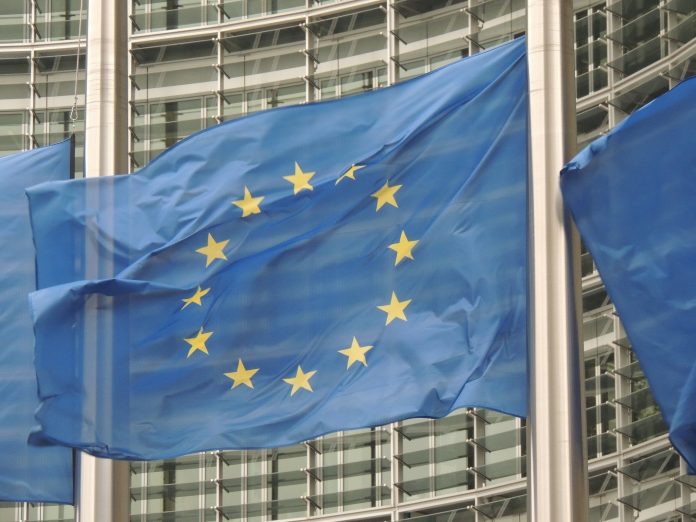The European Union’s Cotonou Agreement with 79 African, Caribbean and Pacific countries is slated to expire in 2020 – 40 years after the first agreement was concluded. A new pact is now being negotiated.
As reported by Deutsche Welle (DW), Germany’s international broadcaster, there is a lot at stake. The Cotonou Agreement covers three important areas: political relations, trade issues and development cooperation.
On climate issues and terrorism, agreement should be easy to reach. But not so migration.
EU member states, for instance, want to deport undocumented migrants to their countries of origin more quickly, but this is only possible with the support of the countries of origin.
Another sticky point concerns free trade. The EU argues it creates prosperity and jobs, but critics warn markets in developing countries are flooded by EU imports and whole sectors of the economy are at risk of collapsing.
According to DW, even though trade agreements are no longer on the agenda for the current negotiations, the dispute is not yet off the table.
“Hoping for another partnership is only legitimate if both sides agree to share the path to prosperity,” writes Togo’s Foreign Minister Robert Dussey on his website. “The partnership between the ACP and the EU can only live up to its promise if it does not undermine the development efforts of the AKP or if its young economic sectors are not disturbed.”
This could mean that ACP members are pushing for more European accommodation in further negotiations – for example, easier access to the local services market or more European investment, writes DW.
And with so many question marks, it remains uncertain whether the new agreement will be ready by 2020.

